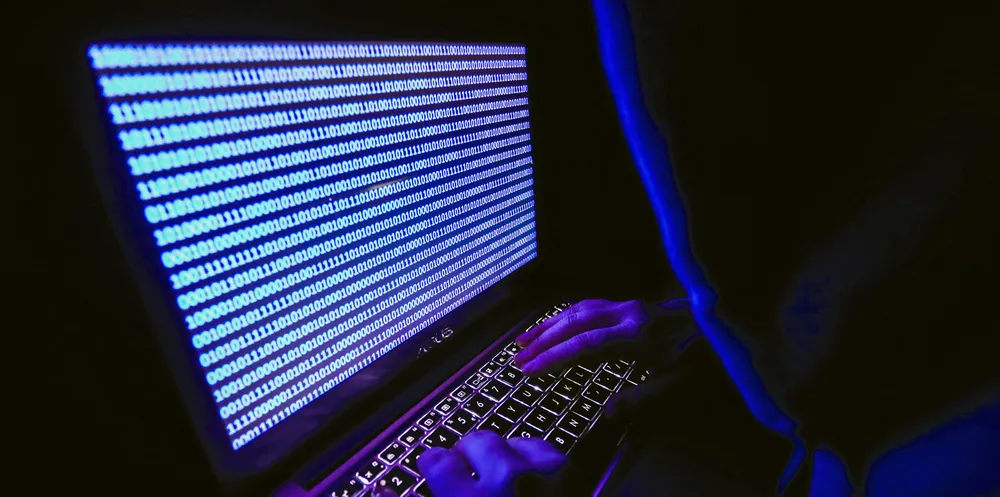'More than half expect people will die' | Energy bosses braced for lethal cyberattack, says study
Industry could be sleepwalking to new Piper Alpha or Deepwater Horizon as companies 'hope for the best' despite recent incidents, says DNV

Industry could be sleepwalking to new Piper Alpha or Deepwater Horizon as companies 'hope for the best' despite recent incidents, says DNV
